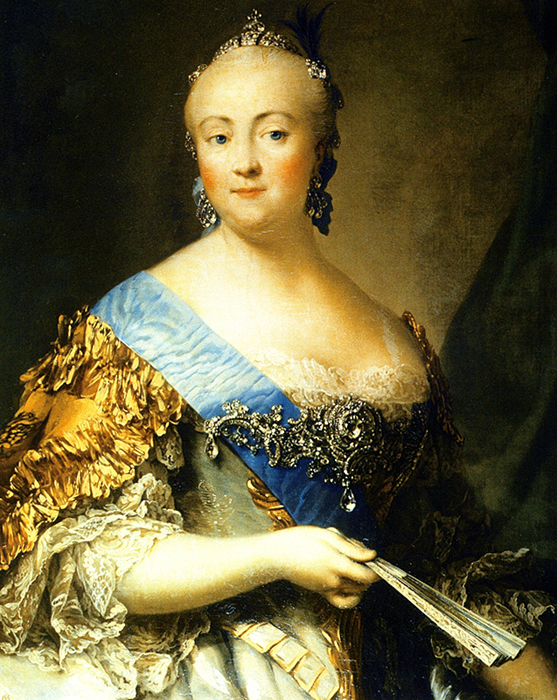
Word of the Day: Blandishment
Blandishment: Word of the Day
Blandishment, as much as it sounds like some sort of condiment, actually means “flattering speech designed to persuade or coax,” or “the act of persuasion by means of flattery,” according to the Wordgenius website, where it is today’s Word of the Day. The www.etymonline.com website says it arises in the language in the 1590s, along with a plural form, blandishments, which means “that which pleases, allurement.” It comes from we call, in linguistics, the addition of a derivational morpheme; in other words, we add something to the word to create a new word or a word of a different grammatical class. In this case, the original word is the verb blandish, to which is added the bound morpheme –ment (bound means that it is not a morpheme that can stand by itself as a word, and a morpheme is simply a unit of speech). According to the etymonline site, blandish comes into the language in the 14th century and means “’to flatter,’ from Old French blandiss-, present participle stem of blandir ‘to flatter, caress,’ from Latin blandiri ‘flatter, soothe, caress, coax,’ from blandus ‘smooth-talking, flattering, alluring,’ perhaps from PIE root *mel- (1) ‘soft.’ OED reports it rare in 17c., 18c., and[Samuel] Johnson [the writer of the first English dictionary based upon linguistic principles] says he knows it only from [John] Milton [author of Paradise Lost, ‘Areopagitica,’ and other poetry and prose].”
On this date in 1741, Elizabeth of Russia (Yelizaveta Petrovna, 1709-1961) orchestrated a coup d’etat and became the Empress of Russia.
Elizabeth, as her name tells us, was the daughter of Peter, in this case Peter I the Great (reigned 1682-1725) and Catherine I (reigned 1725-1727). She was, by all accounts, a beautiful, vivacious, and somewhat vain girl, though intelligent and popular. She was not much involved in the ruling of Russia during the reign of her nephew, Peter II (reigned 1727-1730), who became Emperor at the age of eleven but obviously died young, nor during the reign of her aunt, Anna Ivanovna (reigned 1730-1740), daughter of Ivan V, who was the older brother of Peter the Great, and who was co-ruler but, because of his mental instability, really didn’t do much.
But upon the death of Anna Ivanovna, Ivan VI, a cousin of Elizabeth and only 2 months old at the time of his succession, became the Emperor, with his mother, Anna Leopoldovna as the regent (actually, a man was first made regent, but he fell after just three weeks). And one would have to suppose that the relationship between Elizabeth and Anna Leopoldovna wasn’t all that great, because the regent threatened to lock her away in a convent. But there is more to the story than just personal dislike. Anna came from German stock, and the orientation of the country had been very much toward Germany. But the French ambassador and some members of the Russian court who were more pro-French and pro-Austrian convinced her that she should take the throne. They probably flattered her, and she was popular among the guards. So she did.
As Empress, Elizabeth kept an elaborate court. She was interested in Western fashions, in the arts, and in letting her advisers run her government. The gentry re-acquired powers over the peasants that had been taken away during the reign of her father, Peter the Great. She also passed some very strange laws, like one that required French fabric salesmen to sell to her first, so that she had first dibs on anything. She held elaborate balls with, in one case, 1000 bottles of champagne. She had one woman lashed across the face for wearing a gown too similar to her own. She reserved her anger for two types of people, those who threatened the security of Russia, and those whose beauty rivaled her own.
One can imagine what it must have taken to rise in Elizabeth’s court—flattery. She had to be the most beautiful and best dressed woman wherever she went. She had to be admired. After she died in December of 1761, she lay in state for six weeks, and she was reported to have been as beautiful in death as she had been in life.
But during her reign, the Russian Orthodox Church regained much of the power that it had lost during the reign of Peter the Great, power that it had abused in the past and would abuse in the future. The ruling class also regained power. And the money spent on elaborate clothing and art and entertainment was money that hurt the Russian people. She never married (her fiancé died before their marriage) and never had children, so she chose Peter III as her heir, but he served only one year before his wife, Catherine II the Great, deposed him in another coup.
Elizabeth I of Russia rose to become Empress of Russia because of flattery, wasted her reign on extravagance and consumption because of flattery, and even rejected medical treatment at the end of her life because of flattery. Blandishments are often the bane of good leadership. But too often leaders want to hear only from the flatterers, never from the critics. To be critical of a leader is to risk one’s life or position because, too often, leaders do not want to hear the truth. It doesn’t matter whether such leaders are emperors, kings, dictators, or even just college presidents or provosts—they think they know it all and do not want to be contradicted.
God save me from blandishment.
Portrait painted by Vigilius Eriksen in 1757, accessed from Wikipedia.